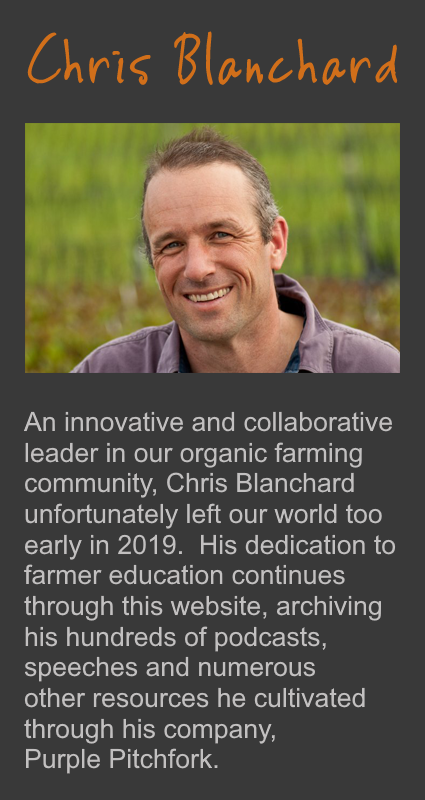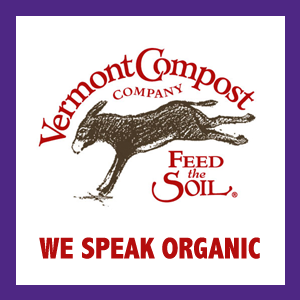Culling is hard work – especially for an employee on a small farm. Not only is said employee likely to have a cultural inclination towards saving and using everything possible – hippies and immigrants tend to share this trait – but culling on a vegetable farm is almost always inherently difficult work.
Most culling is done on a qualitative basis – “Don’t put any bad tomatoes in the box!” To get people to do what you want with culling, it pays to make it quantitive: No leaf in a Swiss chard bunch has more than three cercospora legions of more than 1/8th inch, any one legion more than ¼ inch, or more than 10 legions of any size; no tomato for wholesale has more than 2 inches of cracks, or any blackening of a crack, or any crack that is more than 1/8th-inch wide. “Throw out the squishy ones” just doesn’t do much good as a directive.
All of this gets a lot easier when most of the product makes the grade. When you have a high percentage of good widgets, identifying the ones that don’t make the grade is pretty easy. As the percentage of good widgets goes down, it gets harder and harder to judge what to throw out, and what to keep. The line between good and not-good gets a lot fuzzier as the number of culling factors goes up: “This one has a 1-inch crack, and another crack that’s awfully close to 1/8th inch, and maybe a little black in that one?”
Try to set the stage for less culling. If cercospora is endemic in your Swiss chard, plant more successions; what you spend in land will be made up for in labor. If you have problems with tomato cracking, manage your water, or consider harvesting the tomatoes slightly less ripe and finishing them off the vine. Nobody really likes to say “no,” so make it easier to say “yes.”
Most culling is done on a qualitative basis – “Don’t put any bad tomatoes in the box!” To get people to do what you want with culling, it pays to make it quantitive: No leaf in a Swiss chard bunch has more than three cercospora legions of more than 1/8th inch, any one legion more than ¼ inch, or more than 10 legions of any size; no tomato for wholesale has more than 2 inches of cracks, or any blackening of a crack, or any crack that is more than 1/8th-inch wide. “Throw out the squishy ones” just doesn’t do much good as a directive.
All of this gets a lot easier when most of the product makes the grade. When you have a high percentage of good widgets, identifying the ones that don’t make the grade is pretty easy. As the percentage of good widgets goes down, it gets harder and harder to judge what to throw out, and what to keep. The line between good and not-good gets a lot fuzzier as the number of culling factors goes up: “This one has a 1-inch crack, and another crack that’s awfully close to 1/8th inch, and maybe a little black in that one?”
Try to set the stage for less culling. If cercospora is endemic in your Swiss chard, plant more successions; what you spend in land will be made up for in labor. If you have problems with tomato cracking, manage your water, or consider harvesting the tomatoes slightly less ripe and finishing them off the vine. Nobody really likes to say “no,” so make it easier to say “yes.”




 RSS Feed
RSS Feed
